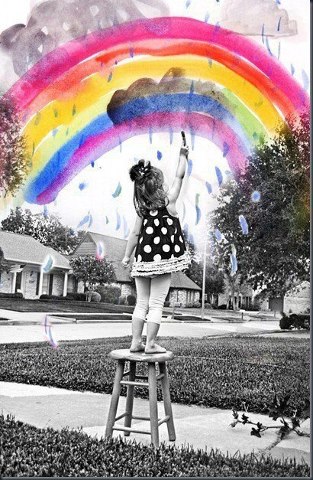''Children appreciate all that is silly as a matter of course.
Their grasp of humor is instinctual, and even the smallest absurdities provoke joyous gales of earnest laughter.
As we age, this innate ability to see the value of silliness can diminish.
Work takes precedence over play, and we have less incentive to exercise our imaginative minds by focusing on what is humorous. When we remember childhood, we may recall the pleasures of donning funny costumes, reciting nonsense poems, making up strange games, or playing pretend.
This unabashed silliness nourished our vitality and creativity.
We can take in this nourishment once again by giving ourselves permission to lighten up and be silly.Too often we reject the wonderful silliness that is an inherent, inborn aspect of the self because we believe that it serves no purpose or is at odds with the grown-up culture of maturity.
We play yet we do not lose ourselves in play, and our imaginations are never truly given free reign because we regard the products of irrational creativity as being valueless.
Yet silliness itself does indeed constitute a vital part of human existence on a myriad of levels.
Our first taste of ethereal bliss is often a consequence of our willingness to dabble in what we deem outrageous, nonsensical, or absurd. We delight in ridiculousness not only because laughter is intrinsically pleasurable, but also because it serves as a reminder that existence itself is fun.
Skipping, doodling, and singing funny songs are no less entertaining than they were when we were children.
We need not lose all interest in these cheerful and amusing activities, but to make them a part of our lives we must be ready to sacrifice
It is precisely because so much of life is inescapably serious that silliness should be regarded as a priority.
Through the magic of imagination, you can be or become anything—a photographer, a professional athlete, a dancer, a pilot.
Whether you take hundreds of silly pictures, revel in the adulation of your fans as you make the winning catch, boogie down rock-star style in front of your bedroom mirror, or turn your desk into a cockpit, the ensuing hilarity will help you see that lighthearted fun and adulthood are not at all incompatible. ''
by Madisyn Taylor























